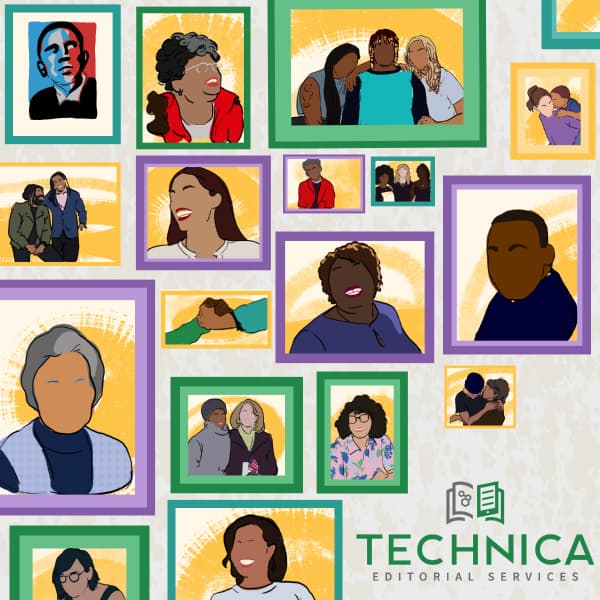
2020 was a year of global change on an unprecedented scale. COVID-19 changed how we work, live, and interact with others, and issues like racial injustice took center stage like never before. With that in mind, it is important that we as writers and editors adjust how we do our jobs accordingly. Here are some ways to make sure that what you write and edit is conscientious and responsible before it’s published.
- Remember to think of your readers. If you are coming from a place of privilege, write/edit with empathy. Envision what the reader experience will be for those coming from a different background than you.
- Don’t rigidly follow style guides merely for the sake of convention. Language is constantly evolving; how we speak today is wildly different from how people spoke 50 years ago. Style guides get updated based on how people use certain terms, not the other way around. It’s our duty to push the envelope when things need to change. As Karen Yin, creator of the Conscious Style Guide, said, “Don’t wait for your style guide to catch up, because it’s waiting for you to demonstrate sufficient usage.”
- Do your due diligence. We are all familiar with consulting manuals like the AP Style Guide and the Chicago Manual of Style, but it’s important to also use resources like the Conscious Style Guide or the GLAAD Media Reference Guide for more specific terminology. As more and more people have announced themselves as members of the LGBT community and genderfluid, terminology has changed and the use of correct pronouns has become even more important. With the multitude of resources available, there is no excuse to be uninformed.
- Be flexible and expand the voices at the table. In general, most major publishing societies and groups are led by and staffed predominantly by white people, which is partly a reason for outdated language and ideology found in style guides. In order to promote anti-racist policies, publishing societies and companies must attract and retain BIPOC staff. A framework to encourage more minority involvement includes providing mentorship programs, safe spaces, and professional development opportunities. Intentional and deliberate change is necessary to encourage BIPOC to become part of the conversation in this industry.
- Don’t make diversity a “theme” issue; it should be the norm. Don’t just use “diversity” as a marketing tool with a one-time theme issue or book. Publishers should strive to make sure diversity is present throughout all of their properties, journals, articles, and books as well as their general workplace policies. It should be hard work to incorporate diversity and anti-racist policy; it shouldn’t just be a quick new mission statement or a checkbox on a checklist that is quickly glossed over.
For more information on how to begin the implementation of anti-racist policy at your publication, check out the Toolkits for Equity launched by the Coalition for Diversity & Inclusion in Scholarly Communications. Has your company implemented an anti-racism policy? Let us know in the comments below.




